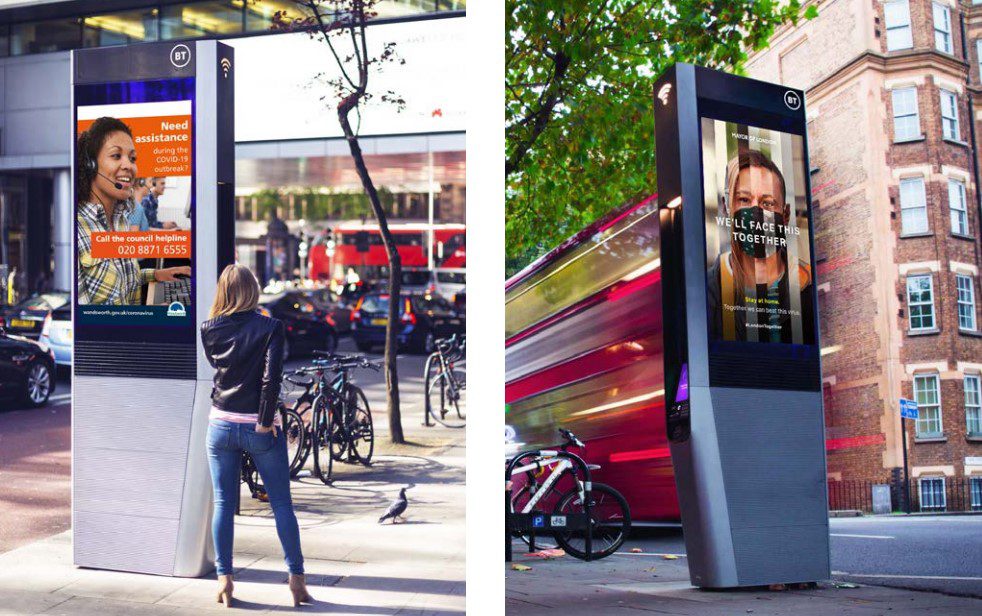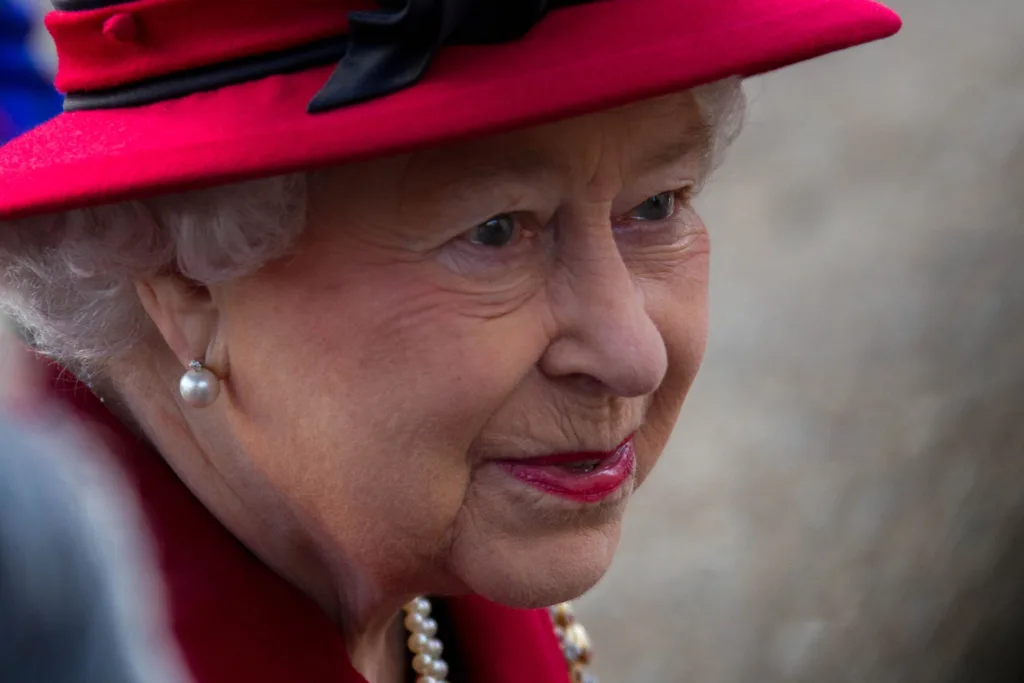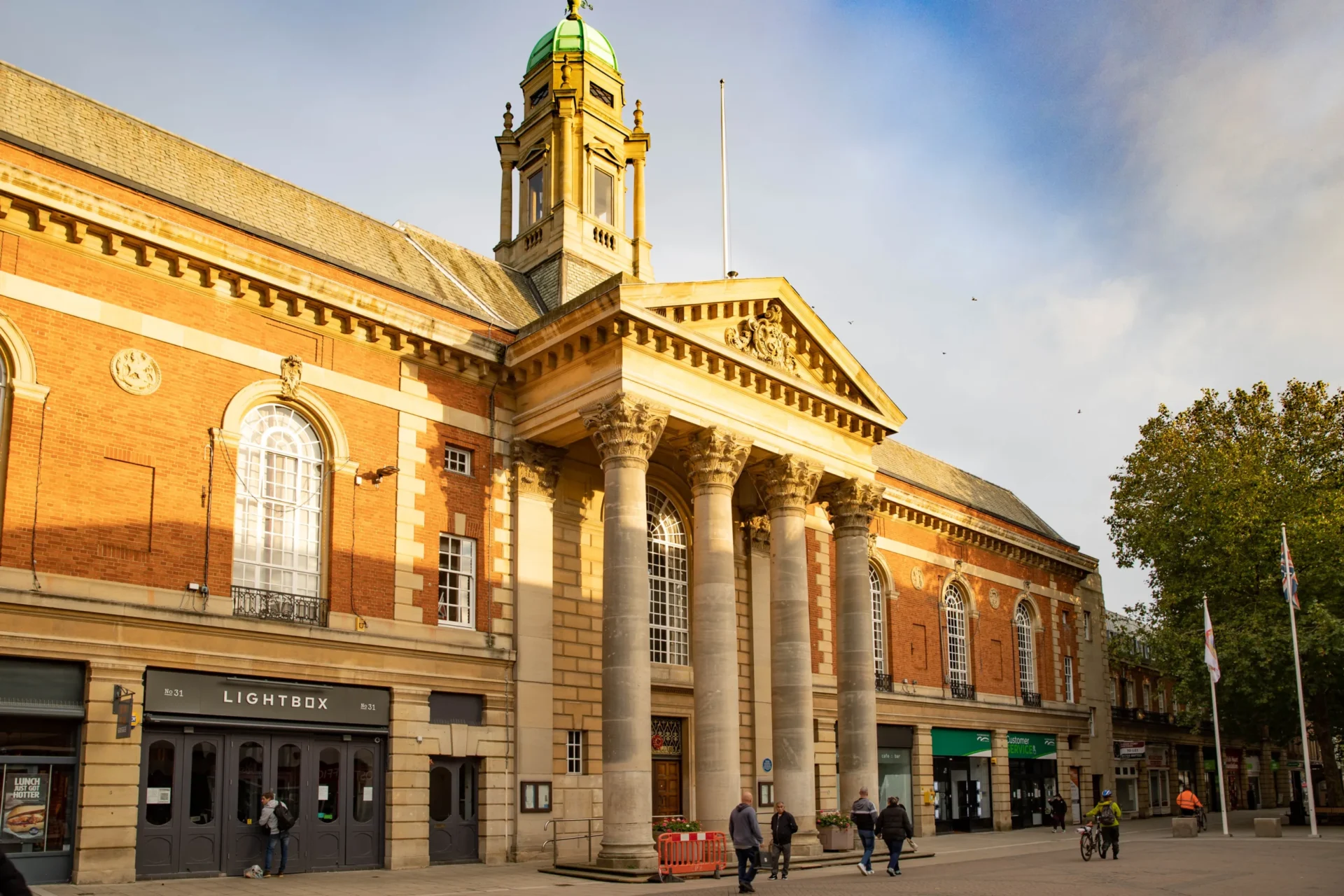Peterborough City Council who told BT to ‘B Off’ in a planning dispute, has won the day.
The Government Planning Inspectorate has dismissed an appeal by BT after the city council refused permission for a new BT Street Hub.
BT wanted to place the hub – and associated advertisement displays – in front of the magistrates’ court in Bridge Street, Peterborough
The council argued it was not the right place to put it and would damage the character and appearance of conservation area.
Planning inspector Andrew Boughen heard the appeal and came down in favour of the city council.
“Users of this spacious and relatively tranquil section of street experience less active commercial frontage than is found in other parts of the city centre,” he said.
It was “pleasantly laid out with grouped seating and trees”.
He concluded: “The proposal would result in two large, illuminated display screens in a prominent position capable of being seen by users of the immediate area and from the southern end of Broadway.”
Mr Boughen said that BT had stressed the benefit of a proportion of display time being made available for public information, however 95% of display time would be commercial advertising, updated with frequent changes.
“The dynamic nature of this presentation would contrast with the relatively calm character of this part of the public realm which also contains public art with a contemplative character,” said Mr Boughen.
“The effect of the proposal would be to extend the sense of a ‘modern High Street’ found to the north of the site into an area where advertisements are not prevalent and commercial activity is less intense.
“The proposal would insert a modestly sized but conspicuously uncharacteristic feature in an otherwise tranquil area of the commercial centre of Peterborough.
“This change would affect the experience of 78 Bridge Street and the character and appearance of part of the City Centre Conservation Area which are both designated heritage assets.”
He dismissed the suggested by BT “that any harm would be less than substantial, and I concur; in such circumstances the identified harm is to be weighed against any public benefits, a matter to which I now turn.
“The hubs seek to improve digital connectivity, but it is not claimed that such opportunities can only, or need to, be provided through the hub proposed in this location, merely that the proposal forms part of a wider plan by British Telecom.”
He said the proposal had been presented as a ‘replacement’ for existing BT payphones.
“At the time of my visit, no payphones were apparent in proximity to the appeal site,” he said.
BT had not explained this aspect of his case “and to my mind the proposed hub would simply appear as an intrusive and incongruous addition to the existing street scene”.
And it would not, as suggested, “contribute to ‘decluttering the street’ as is suggested”.
He added that BT had not persuaded him that “public benefits would outweigh the harms caused and therefore, having taken all matters raised into account, I conclude that the appeal cannot succeed”.
FACT NOTE: BT says Street Hubs are free to use, fully accessible community assets connecting and improving local streets in urban areas.
At no cost to taxpayers or end users, Street Hubs provide communities with an unprecedented suite of essential urban tools: Ultrafast public and encrypted Wi-Fi Access to public services Multiple accessibility options Powered by 100% renewable carbon-free energy.
They are inspected weekly and cleaned at least every two weeks, monitored 24/7 Secure power-only USB ports for rapid device charging Free phone calls Direct 999 call button Display community and emergency (i.e. police) awareness messaging Environmental sensors to measure air quality, noise, traffic and more.




















